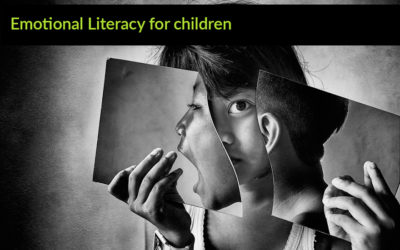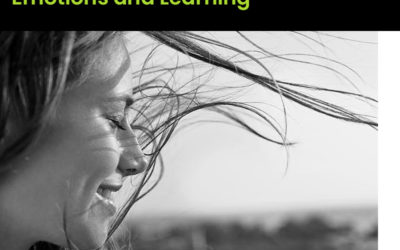There are a lot of interpretations of what coaching is and isn’t these days. It has become fashionable to say one is a coach even when most people have difficulty saying exactly what a coach is.
I find an analogy with nursing helpful. Any person can support someone to return to health, which would be considered the act of nursing, or one might have the training and credentials to work in the vocation of a nurse. Coaching can be thought of in a similar way. I recall my grandparents having conversations with me that I would consider coaching but they had no training as coaches and the idea didn’t even exist then as it does today.
So what is coaching fundamentally? Coaching is founded on the idea that humans are learning beings and sometimes need support for learning. In that sense, it is similar to teaching or mentoring. It is distinct from teaching because the focus of coaching is creating a context in which someone will inevitably learn about themselves and how they see the world. So, it isn’t teaching in the way we might impart information or concepts about literature. It is distinct from mentoring in that the main source of discovery for the coachee is to become aware of how they see the world. Mentoring, for me, is focused on sharing my own view of the world which, if it contains relevant experiences or wisdom, might be of value to the mentee.
The distinctions between coaching and advising or consulting are wider yet. Advising is based on the idea that the advisor understands the advisee’s situation to the degree that he/she can set them in a direction that will be successful. Consulting can be thought of in a similar way but is usually focused on processes or systems.
Counseling and therapy are yet more distinct. These were based originally on a doctor/patient relationship. The patient had an illness and it was the doctor’s role to cure the patient. In coaching, there is no presumption that the coachee is incapacitated or ill. It is always a conversation for Emotions And Learning and always aims to help the coachee shift his or her view of themselves or the world so that they have access to new choices, which may lead to different (and better) results. When we talk about coaching being an epistemological endeavor we are saying that it is rooted in and always addresses learning and knowing and the beliefs we have about them.
For me, all these practices have their place and value and one doesn’t substitute for the other. It is a bit like the multiple relationships we can have with another person. They may be a friend and/or co-worker and/or relative and/or boss etc. Each of these relationships serves something and to avoid confusion the main thing we need to be sure of is that we are clear which relationship we are speaking or listening from in any given conversation.
I remember a conversation with my grandmother when I was 15 and living with her for the summer. I had gone out after work with my cousins and I got home at 3 or 4 a.m. My grandparents “greeted” me when I arrived and I can remember my grandmother saying that she had gone through the same kind of worry that night as she had raising each of her 8 children and that she was just too old “to do it again”. That night the way I saw the world changed. I discovered what I now consider the emotion of shame, which is triggered by awareness we are breaking the rules of the community. I had an uncomfortable feeling earlier in the evening that I was doing something wrong but the clarity was profound in that moment. She never said I did anything wrong, she never said I broke a rule and she never again referred to that night. When I think back I realize that although it was just ‘her way’ the experience I had was of an impactful coaching conversation. She helped me see the world differently and that produced the possibility of different choices and different outcomes.
Fundamentally EQ Coaching is a type of conversation that has an important role in our learning, self-knowledge, and awareness. We can shape a career around coaching but it is available to all of us as a tool of interaction if we understand how it works.
I’m Dan Newby, a coach, author, and teacher helping others develop their emotional literacy and competence. You can contact me at dan@schoolofemotions.world with questions or to request a conversation.




Thank you, Dan, for your clear and simple distinctions of what coaching is in comparison with other forms of facilitating one’s development. However, I am not averse to employing other forms when they work well for the coachee and me.